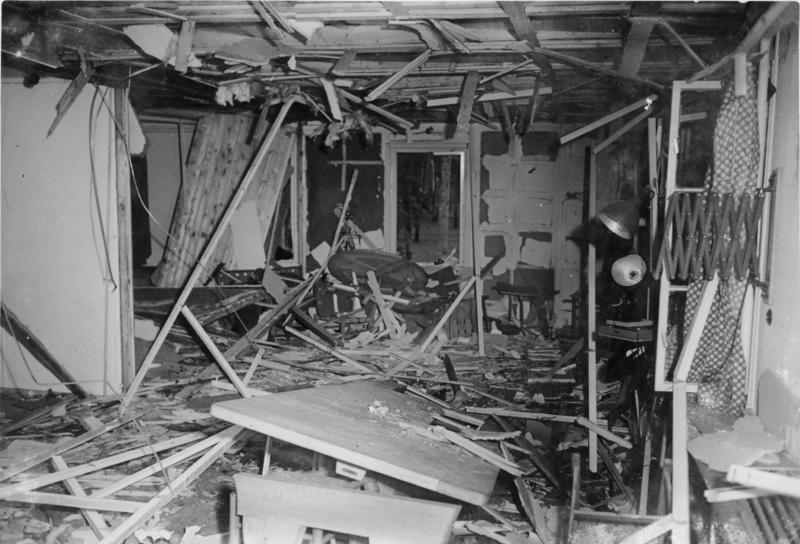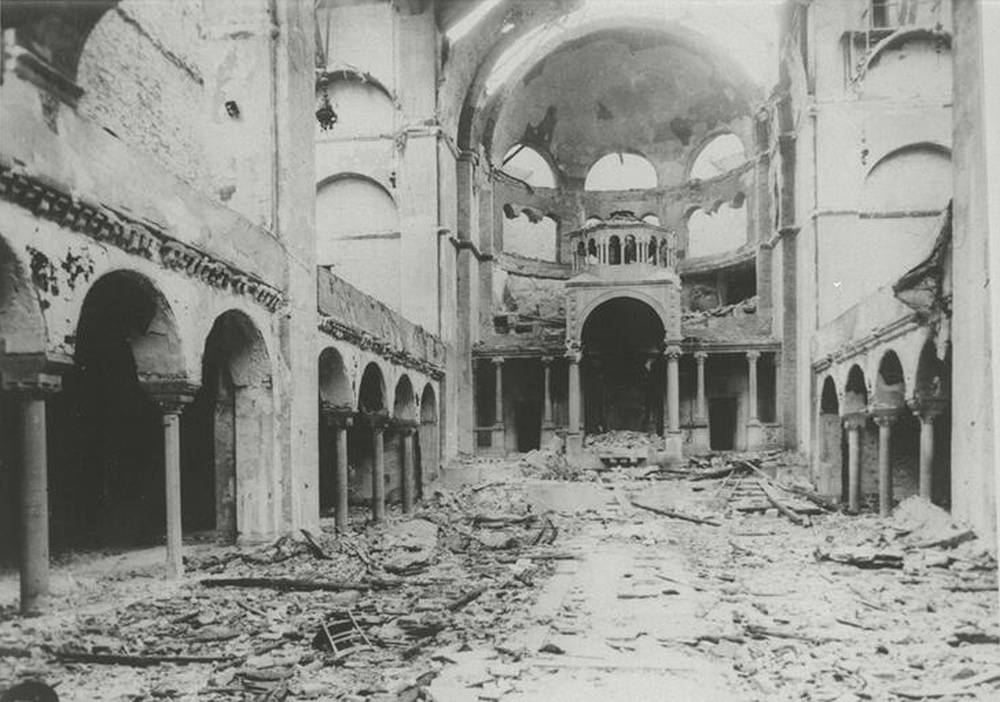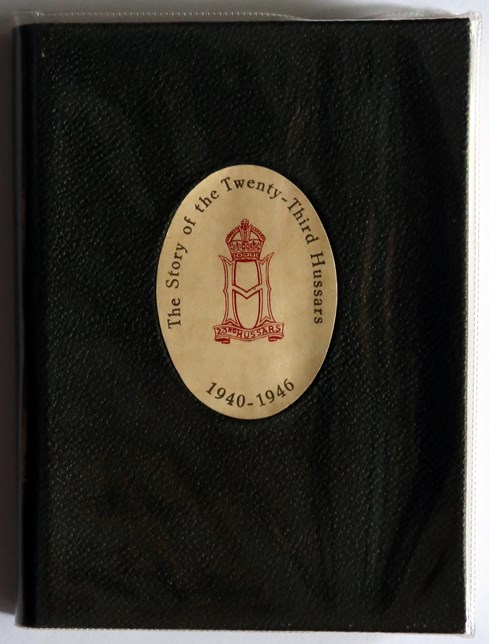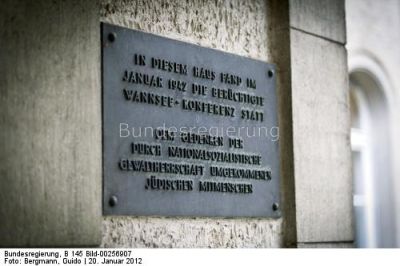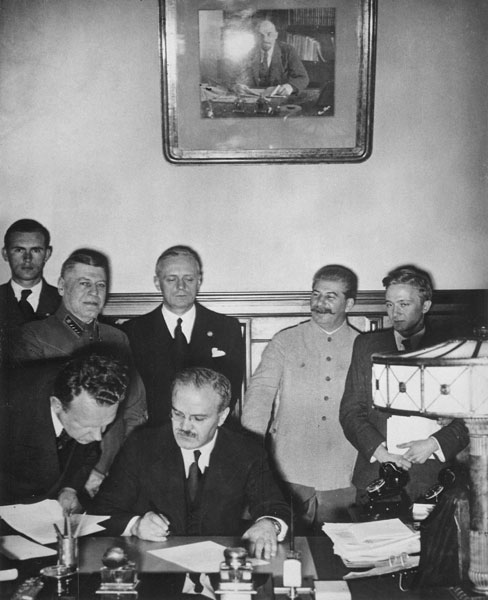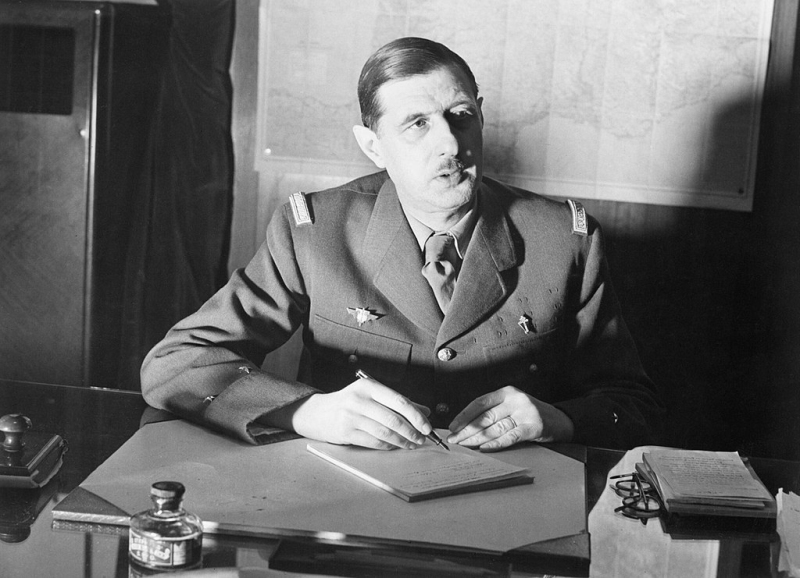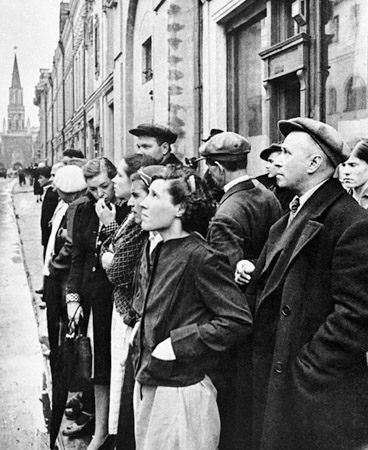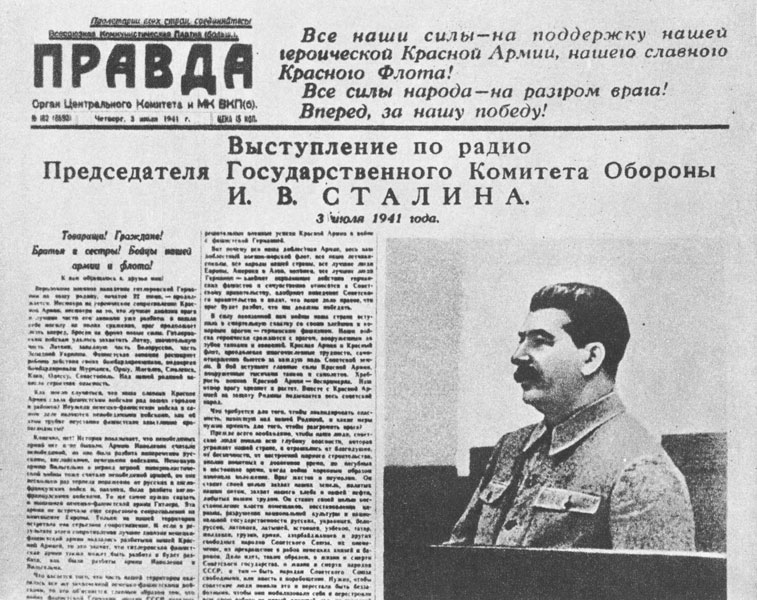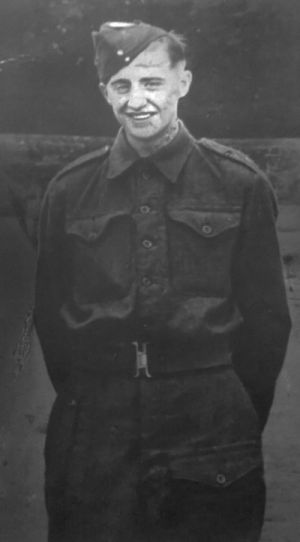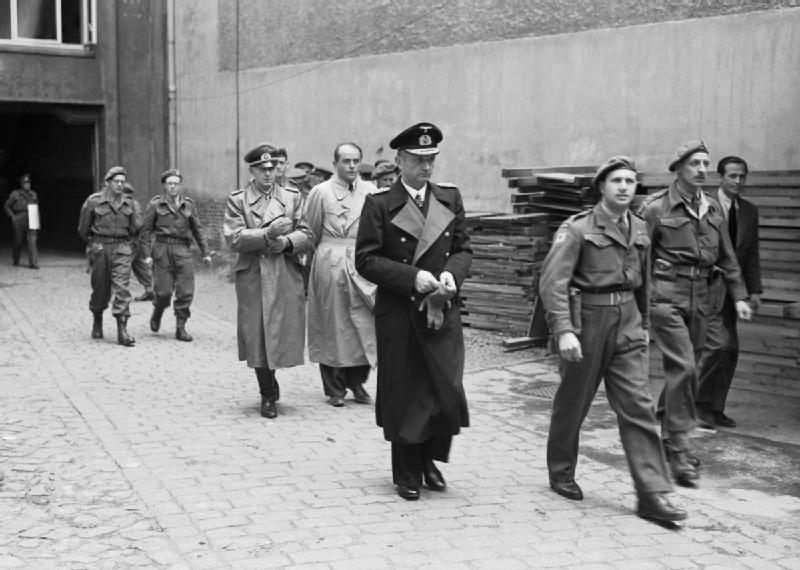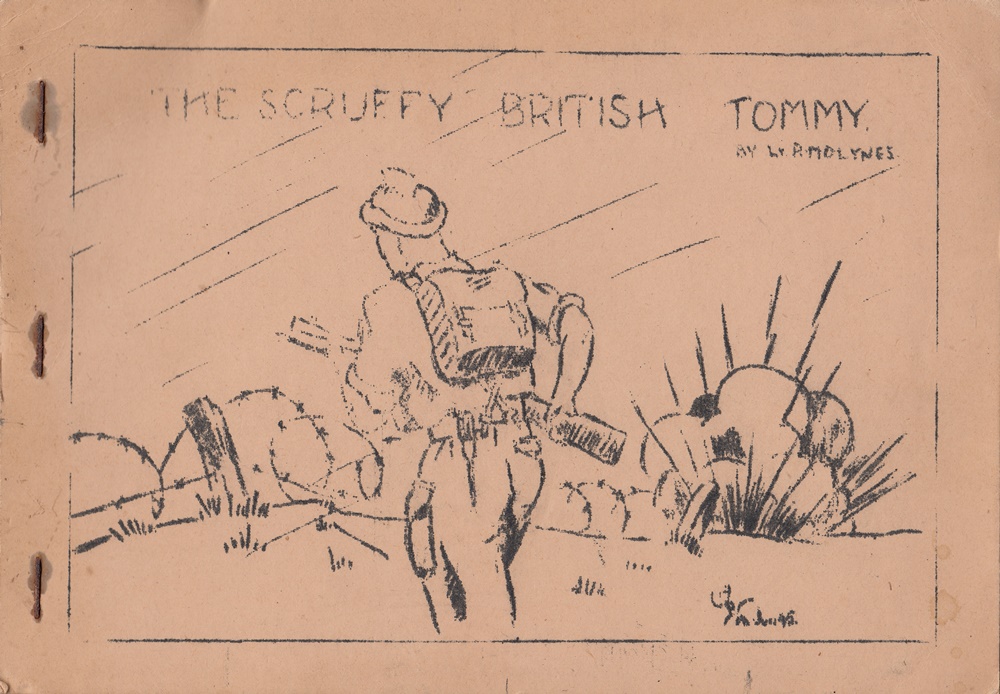Articles
- Article by Arnold Schunck
- Published on July 14th, 2019
Hitler's radio proclamation about the assassination attempt on 20 July 1944
This text was pronounced by Adolf Hitler on the German radio at 1:00 a.m. on 21 July 1944, after the attack and coup of 20 July 1944.
- Article by Arnold Palthe
- Published on May 8th, 2017
Hitlers Commando Order
Hitler's order to execute Commandos and airborne troups.
- Article by Arnold Schunck
- Published on June 15th, 2019
Joseph Goebbels, diary entries after the Kristallnacht (10/11 November 1938)
Translation of the diary entries of the German propaganda minister Joseph Goebbels. He describes the Pogrom against the Jews that was broken out in the night of November 9, 1938, cynically called the Kristallnacht or Reichskristallnacht. The atrocities, which were orchestrated by Goebbels, were a coordinated response to the death of the German diplomat Ernst vom Rath. He died as a result of an assault, committed by the Jewish young man Herschel Grynszpan.
- Article by Arnold Palthe
- Published on January 23rd, 2016
Letter of Willy Just about the gas vans
Gassing of Jews by the Nazis was not only carried out in the extermination camps but also by means of gas vans, the so called special vehicles. The victims were locked up in the body of the truck and subsequently gassed by the exhaust fumes which were blown into the compartment through tubes.
- Article by Jeroen Koppes
- Published on August 24th, 2015
Liberation of Helmond
This is an extract from 'The Story of the 23rd Hussars 1940-1946' published in 1946. This story relates to the liberation of Stiphout and Helmond between 22 and 25 September 1944.
- Article by Kevin Prenger
- Published on July 14th, 2018
Meeting on anti-Jewish measures
Plaque in memory of the notorious Wannsee conference
- Article by Auke de Vlieger
- Published on April 17th, 2016
Molotov-Von Ribbentrop pact 23-08-1939
The following text is the translation of the Molotov - Von Ribbentrop pact, the non-aggression treaty between the Soviet Union and Germany that was signed on August 23rd, 1939. The treaty is named after the two Ministers of Foreign Affairs who signed the treaty on behalf of their country, respectively Vyacheslav M. Molotov on behalf of the Soviet Union and Joachim von Ribbentrop on behalf of Nazi Germany. The additional secret protocol was not published at the time. In principle, the translation reflects both the German as well as the Soviet version but whereever small differences exist, the translation is based on the German version.
- Article by Auke de Vlieger
- Published on July 9th, 2017
Order No. 227, July 28, 1942, J. Stalin
Below is the notorious Order No. 227, also known as the "Not one step back!" order, issued by the People’s Commissioner of Defense, Joseph V. Stalin. As the military situation became untenable in the summer of 1942 and the Soviet supreme command, Stavka, acknowledged that a symbolical step had to be taken, Stalin issued this order. It was not distributed in print but was read to all military personnel by political officers.
- Article by Kevin Prenger
- Published on May 8th, 2016
Party program of the N.S.D.A.P.
Programme of the Nationalsocialist German Workers Party.
- Article by Jente De Roust
- Published on April 18th, 2016
Radio speech by Charles de Gaulle 18-06-1940
The speech that follows was delivered on Radio London by the French general Charles de Gaulle after France had been defeated by the German army and the French Prime Minister Philippe Pétain had announced he would sue for an armisitice. De Gaulle would not give up and decided to continue the struggle from London as the leader of the Free French.
- Article by Auke de Vlieger
- Published on April 17th, 2016
Radio speech by Molotov 22-06-1941
The speech that follows was delivered on radio by Vyacheslav M. Molotov in his capacity as vice-chairman of the Council of People’s Commisioners (ministerial council) and People’s Commissioner for Foreign Affairs on occasion of the German invasion, Operation Barbarossa. In the large cities, the speech could be heard through loudspeakers in the streets. Molotov’s closing sentence in particular became famous and frequently returned on propaganda posters and such.
- Article by Auke de Vlieger
- Published on April 21st, 2016
Radio speech by Stalin 03-07-1941
On June 22nd, 1941, the day the Axis powers invaded the Soviet Union, not Joseph V. Stalin but Vyacheslav M. Molotov, People’s Commissioner for Foreign Affairs, delivered a speech by radio to the Soviet population. The first days after the invasion, Stalin was in a state of deep disturbance, apathy and unbelief and only made himself heard publicly 11 days later, on July 3rd with the following speech on radio which was published in Pravda the same day. The speech has become legendary for Stalin’s choice of words, for instance, he addressed his fellow countrymen as "brothers and sisters" and as "my friends" for the first time.
- Article by Ludmilla van Santen
- Published on May 3rd, 2015
Report of the funeral of private A.H.W. Harrison, May 9th 1945
The Dutch Foundation Memorial 2015 for Dam victims 7 May 1945 researches the victims of the Dam shooting in Amsterdam. During their research in the Archives for information about victims, the document below was found at the Amsterdam Archive, the Council Office for Funeral Services. It isn’t in relation to May 7th 1945 and the shootings at the Dam Square, but is about the death of an English soldier on May 8th 1945 during a motorcycle accident in the Dutch capital.
- Article by Arnold Schunck
- Published on November 14th, 2019
Statements by Karl Dönitz about Hitler's death and the German capitulation (01/08 Mai 1945)
Some short statements by Karl Dönitz about Hitler's death and the German capitulation.
- Article by Jeroen Koppes
- Published on March 7th, 2021
The Scruffy British Tommy
A poem dedicated to the 257 Corps Delivery Squadron, Royal Armoured Corps, by Lieutenant R.M.D. Lynes. It was send to Major R.T.G. Lynes, M.B.E., Commanding Officer 257 Corps Delivery Squadron.
